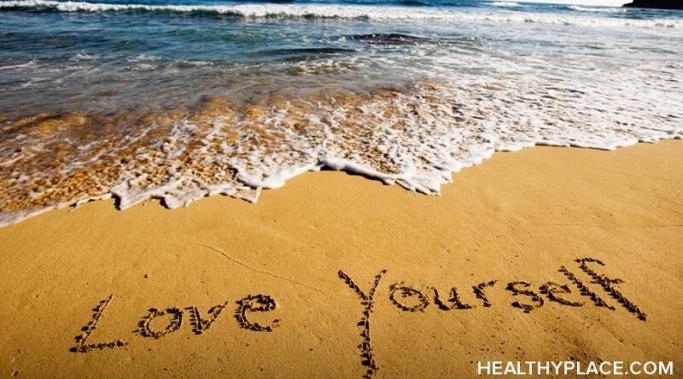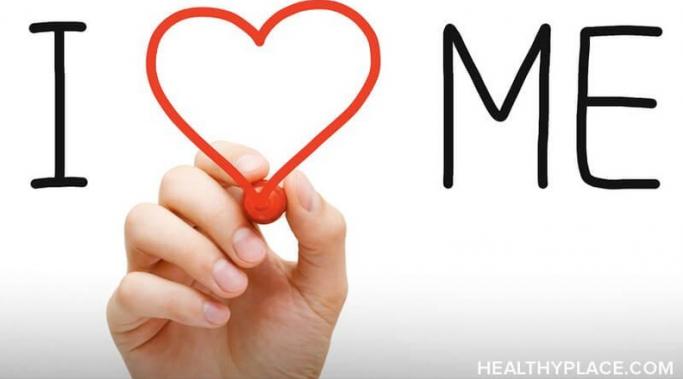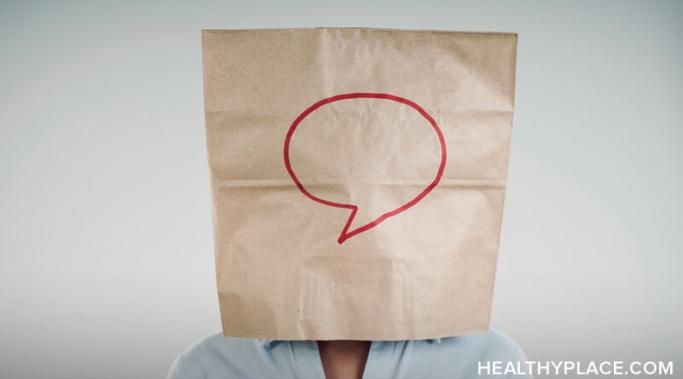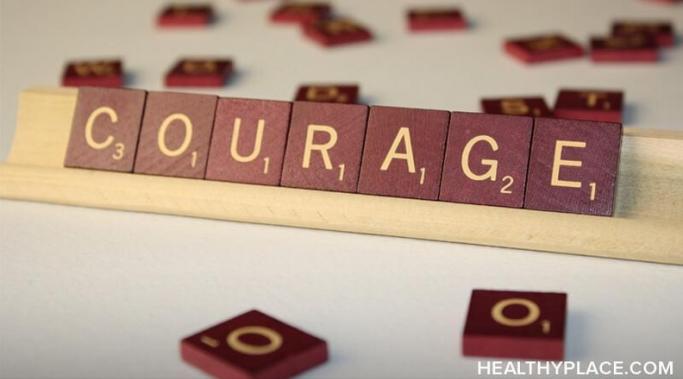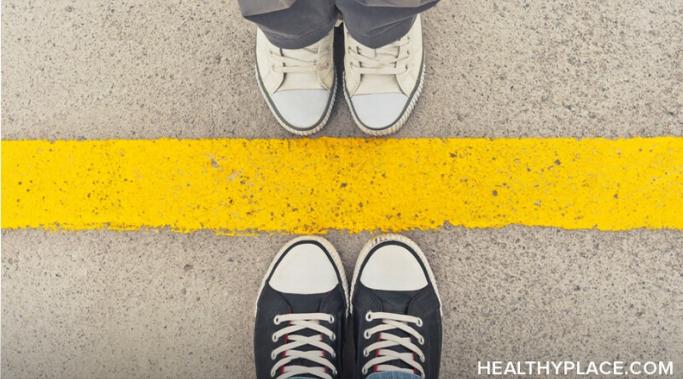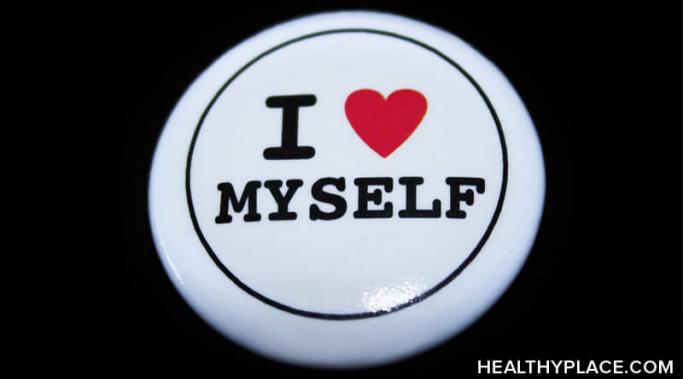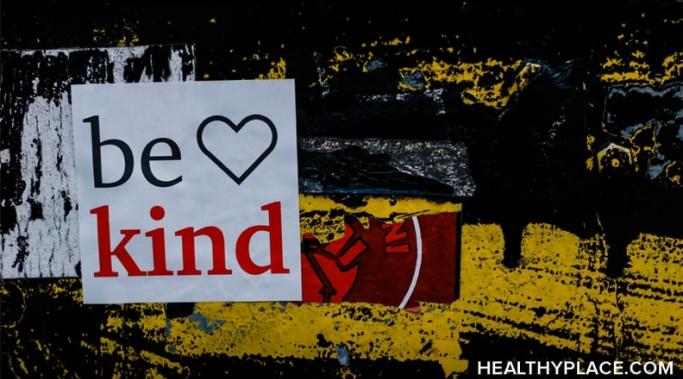The obligations we feel towards our family can influence our journey to build stronger self-esteem. Our families are the first groups we belong to, and our earliest relationships can have an impact on all the relationships we form throughout our lives. As I continue my quest for healthy self-esteem, I find myself evaluating each of my relationships to see if they support my goal, and family obligations were some of the latest to fall under my scrutiny.
Self Respect
There's a well-known saying that goes, "Other people's opinions are none of your business," and when it comes to your journey to build self-esteem, this needs to be taken to heart. Self-esteem issues are often very connected to how much we allow other people's opinions to color our own. Read on to learn how my quest to build stronger self-esteem was affected by other people's opinions.
This Yom Kippur, the Day of Atonement, I am focusing on my self-esteem. On this holiest day for the Jewish people, we ask for absolution from wrongs we have done against others, but it is granted only if we first ask those people for forgiveness. Only then can we be forgiven on a higher level. Today I will ask myself for forgiveness for the ways I have wronged myself by allowing poor self-esteem to color my days.
Building self-esteem is hard work. When your self-esteem is low, it can be difficult to act on plans that are specifically for your benefit. It may be hard because you don't believe you're worth prioritizing the effort or that you don't deserve the result you're aiming for.
When you are working to build your self-esteem, try setting one intention at a time. Sometimes when we are trying to change things that make us unhappy, we do really well at making a list of grievances but find it difficult to begin the work. We may become stuck feeling negative because of the number of things we wish were different. To avoid becoming overwhelmed, set one intention each day that will help you build self-esteem.
Building strong self-esteem requires us to make sure we're not masking our feelings from ourselves. A natural extension of that is feeling strong enough to express your feelings to others. That doesn't mean we have to act out on negative feelings by doing things that could hurt ourselves or others. It means that we are not wrong to experience the gamut of emotions. We can work on being honest about how we feel to build our self-esteem.
Building healthier self-esteem takes courage. Your courage will help you make the changes you choose to make to your actions and attitudes that will allow you to feel more confident and self-reliant. But where do you find the courage to become the person you wish to be? How do you begin to practice courage to build strong self-esteem?
When you practice setting boundaries that protect your self-esteem, you are supporting yourself in many ways. It shows you love and respect yourself, and it keeps you from grief when others attempt to abuse you, intentionally or inadvertently. Whether it's between you and people you love and choose to have in your life or people you must interact with for your job or another requirement, creating a boundary that reflects your needs will strengthen your self-esteem.
Creating a plan of action for self-esteem building increases your chance of creating healthy self-esteem. Once you develop both the awareness that your self-esteem is low and the desire to improve the way you think of yourself, you are ready to craft a solid action plan to build your self-esteem.
We can build and maintain healthy self-esteem by helping others and earning their gratitude and appreciation. Strong self-esteem comes from believing in our value as a person. One way to feel that we are worthy of self-respect is to be there for others in need.


